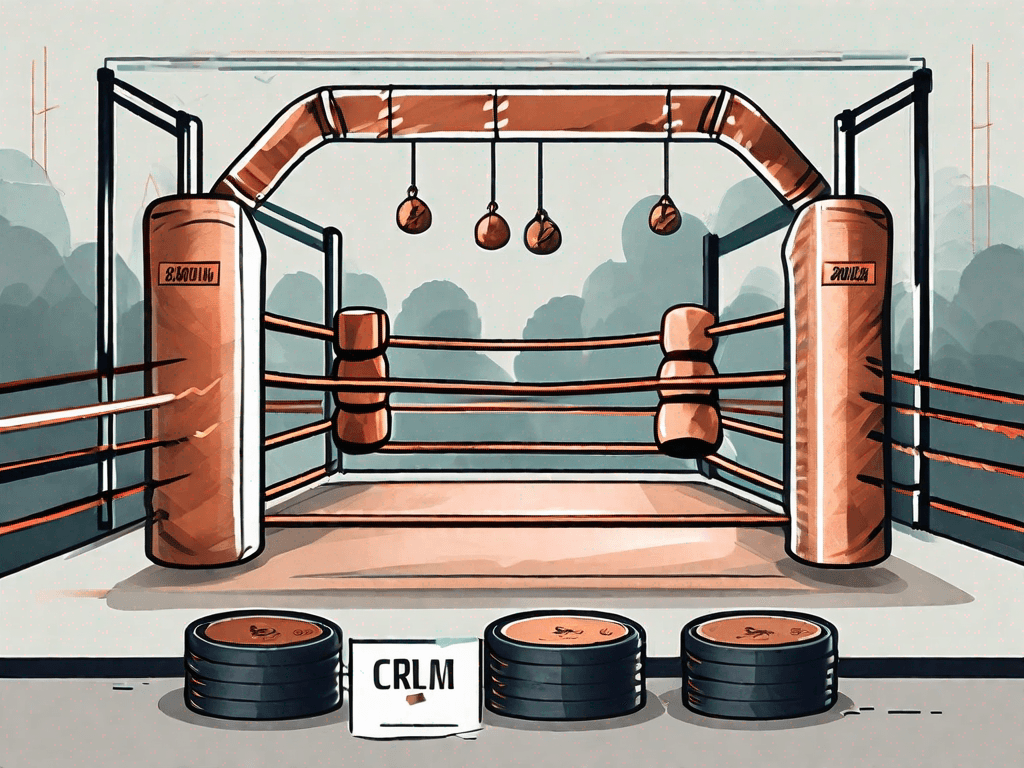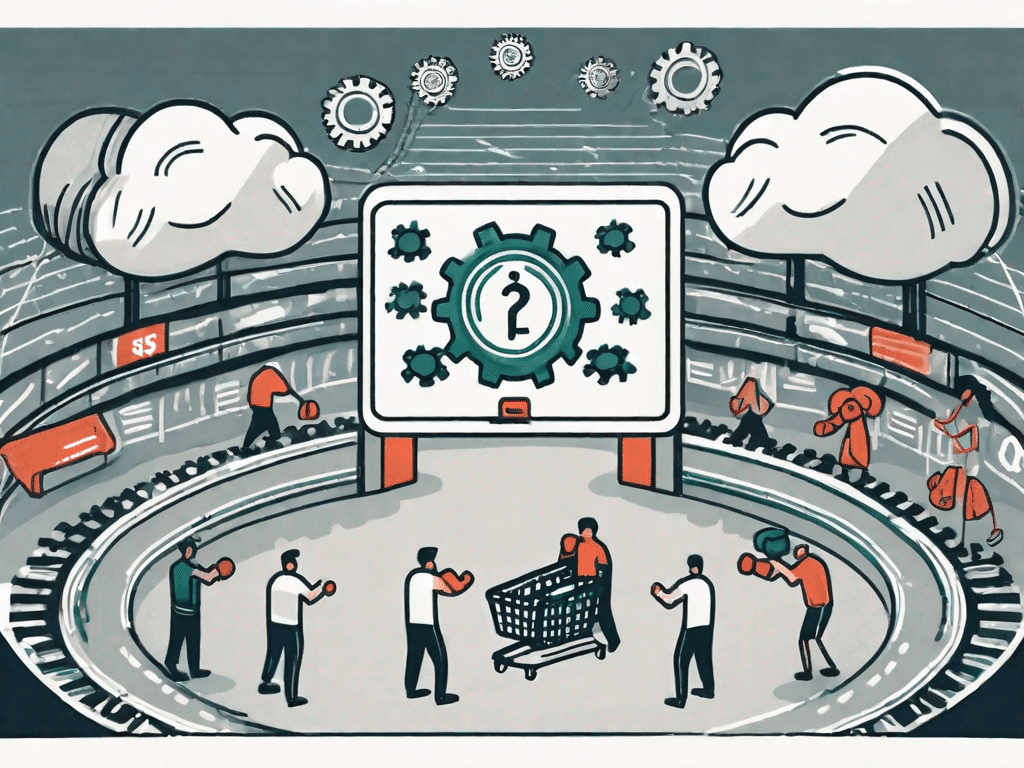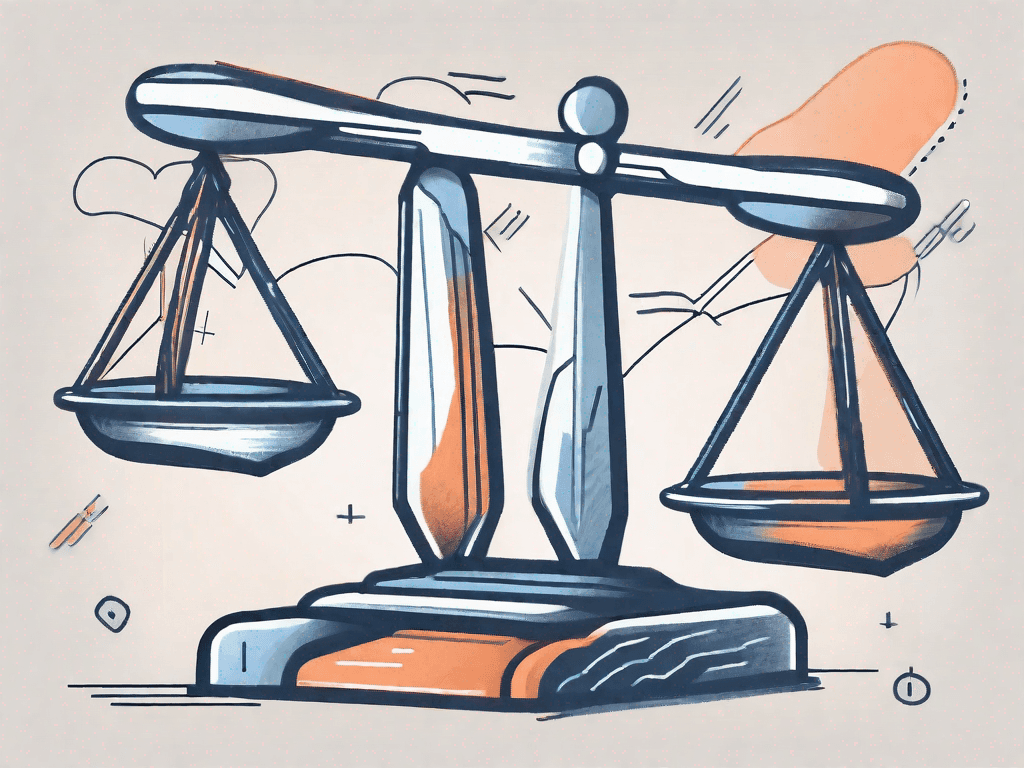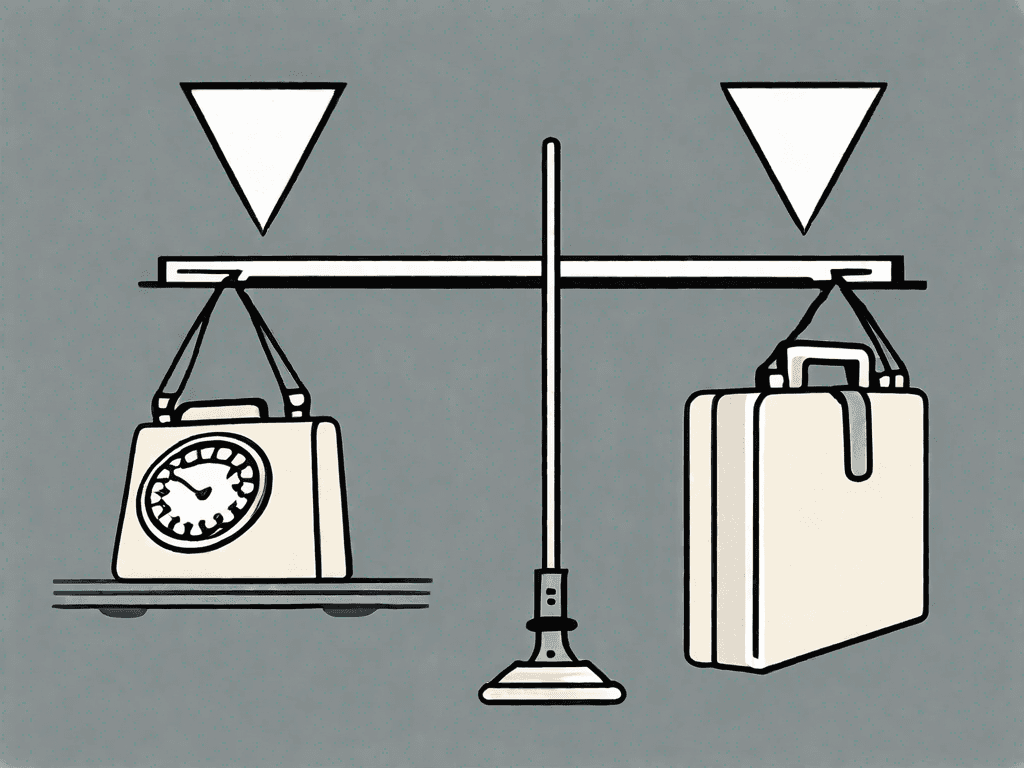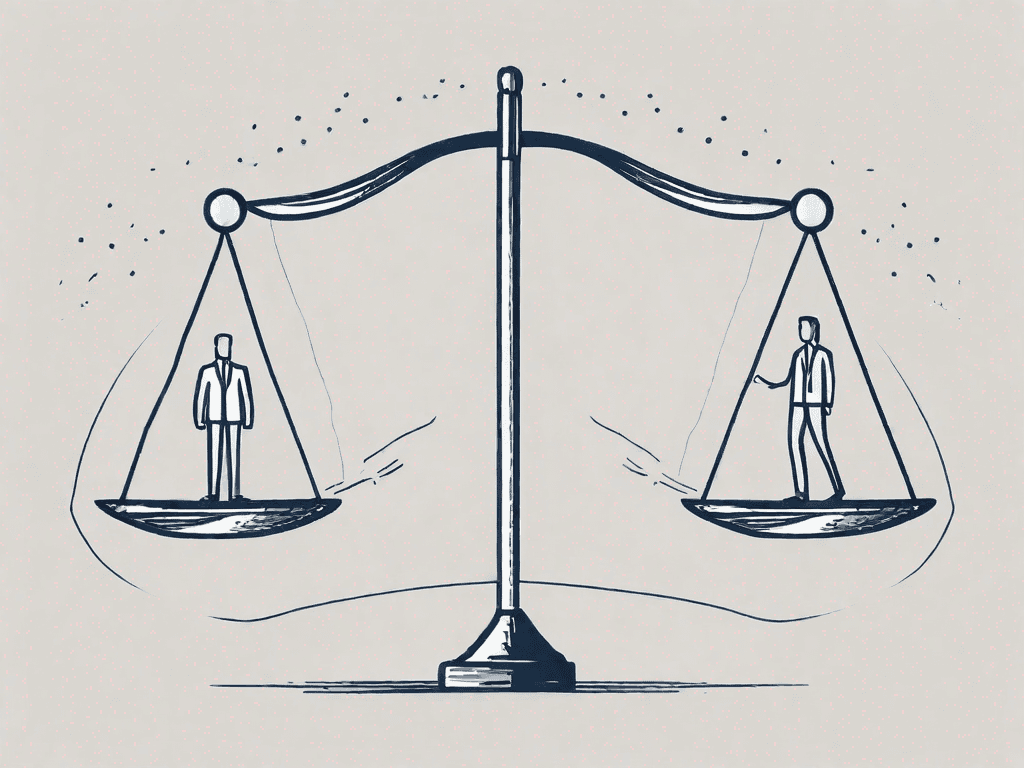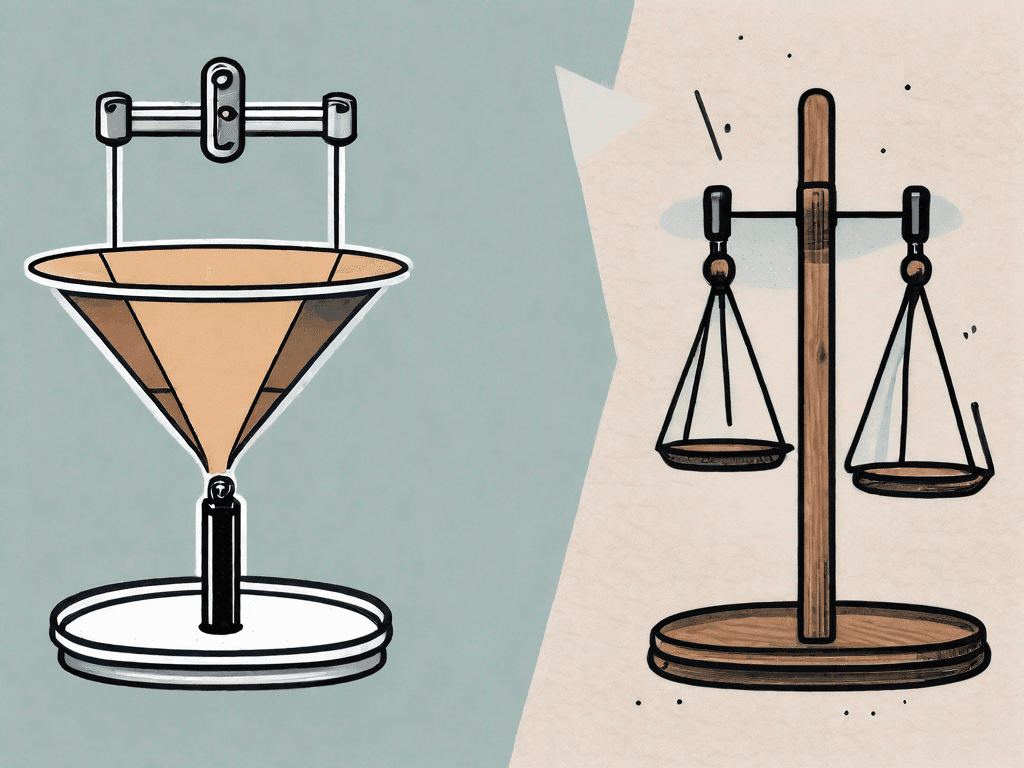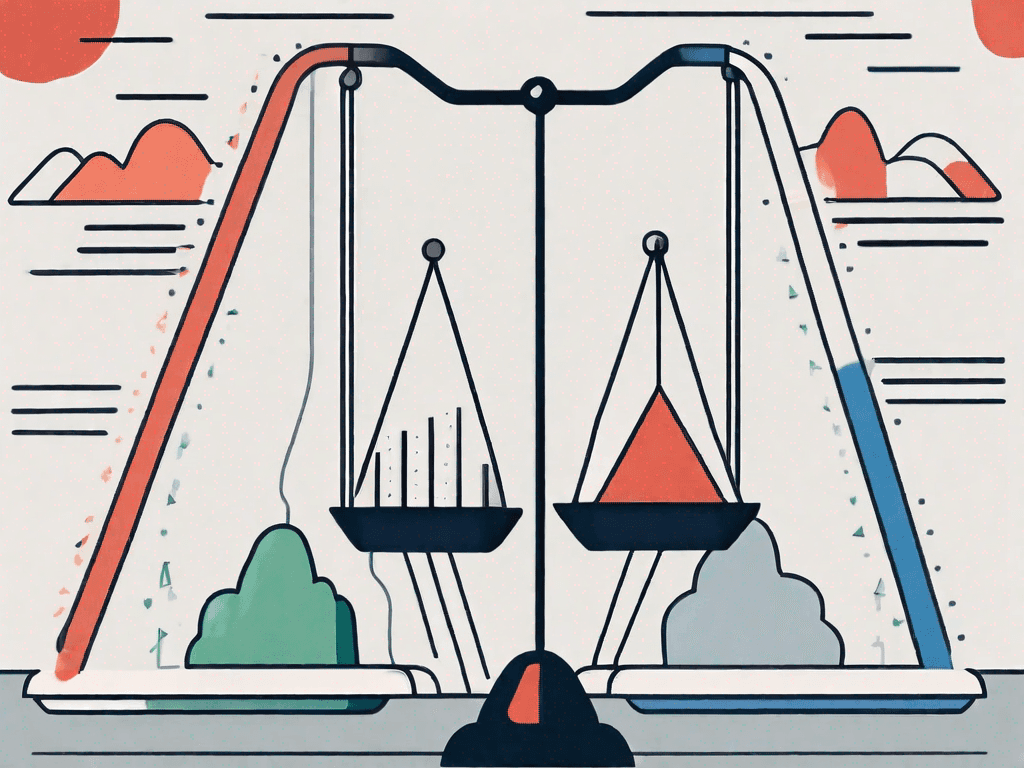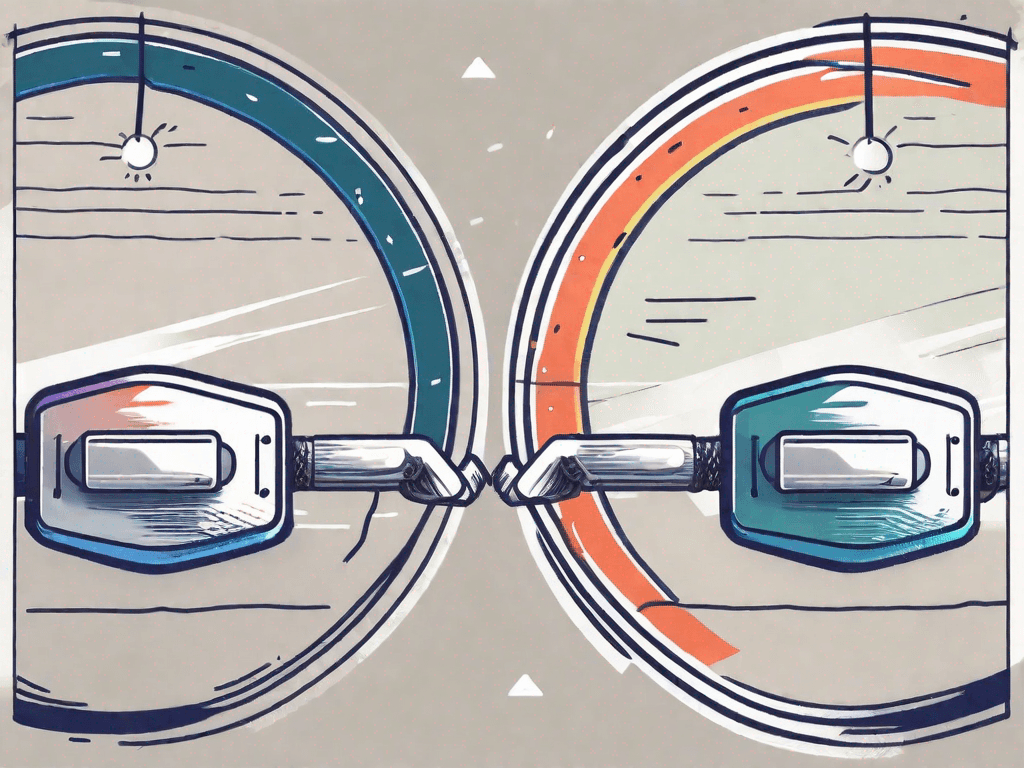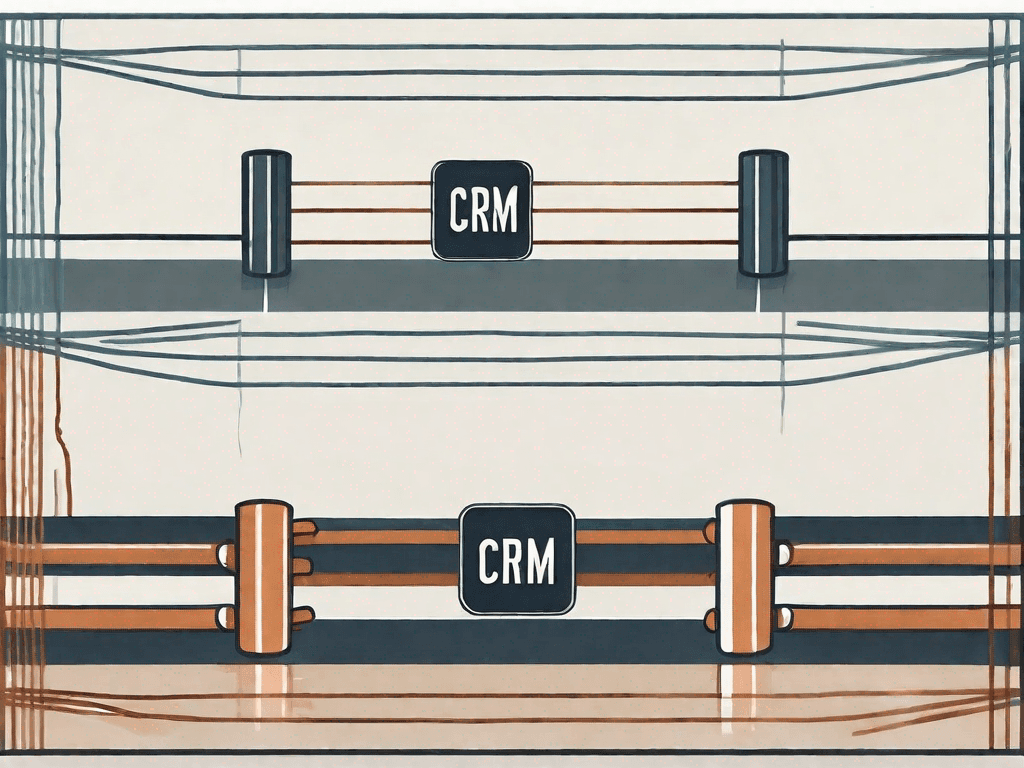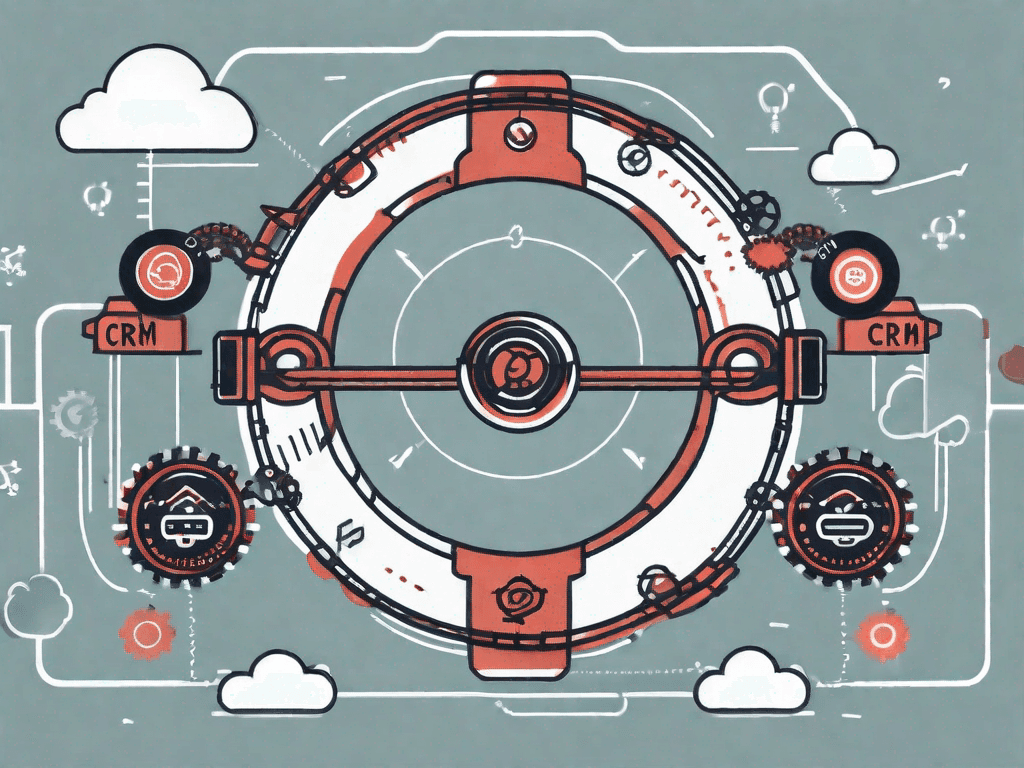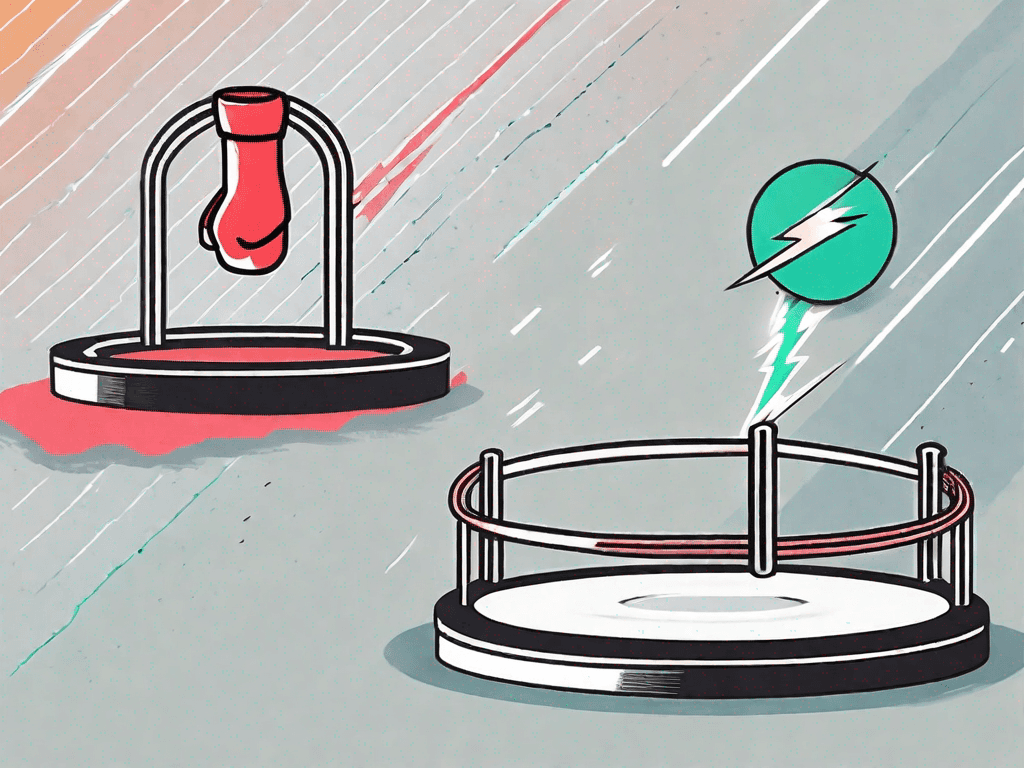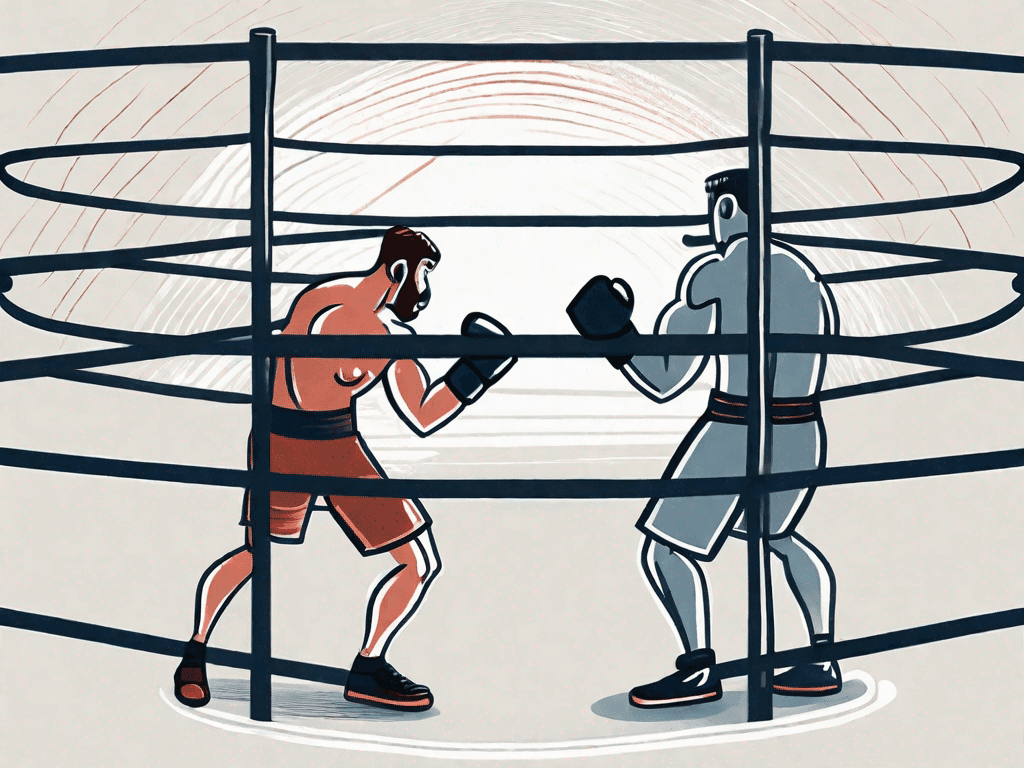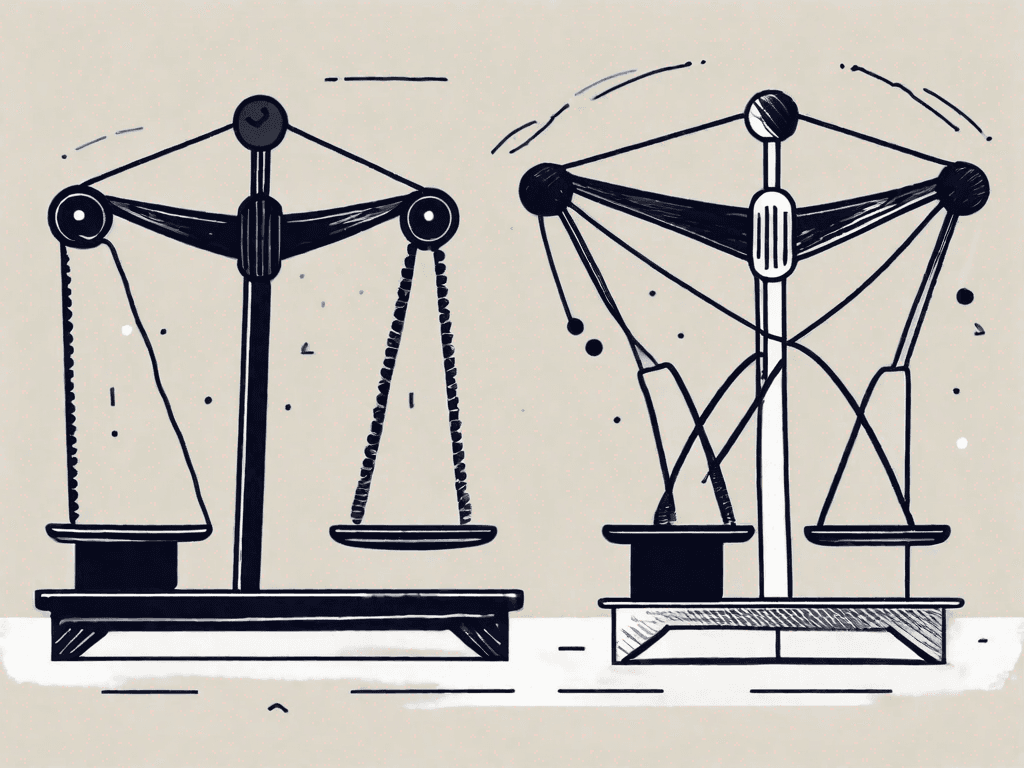
The Ideal Sales Pipeline Template for Health Coaches
Health coaching is a rapidly growing profession, with more and more people recognizing the importance of taking control of their own health. As a health coach, you have a unique opportunity to make a positive impact on your clients' lives. However, in order to be successful, you need to have an effective sales pipeline in place. In this article, we will discuss the ideal sales pipeline template for health coaches and why it is essential for your business
The 7 Sales Pipeline Stages Health Coaches Should Have
Having a well-defined sales pipeline is crucial for any business, and health coaching is no exception. Here are the seven stages that every health coach should have in their sales pipeline:
Prospecting: This is the first stage of the sales pipeline, where you identify potential clients who may be interested in your services.During the prospecting stage, health coaches employ various strategies to find potential clients. This could include attending networking events, reaching out to individuals who have expressed interest in health and wellness, or leveraging social media platforms to connect with individuals seeking guidance in improving their overall well-being. By actively seeking out potential clients, health coaches can expand their reach and increase their chances of finding individuals who are a good fit for their coaching services.
Initial Contact: Once you have identified your prospects, the next step is to make initial contact with them. This could be through email, phone calls, or face-to-face meetings.During the initial contact stage, health coaches aim to establish a connection with their prospects. They may send personalized emails introducing themselves and their services, make phone calls to discuss the potential client's goals and challenges, or even schedule face-to-face meetings to build rapport and trust. By initiating this contact, health coaches can begin to understand their prospects' needs and determine if they are a good fit for their coaching programs.
Needs Assessment: In this stage, you will assess your prospect's needs and determine if your services are a good fit for them.During the needs assessment stage, health coaches delve deeper into their prospects' goals, challenges, and aspirations. Through in-depth conversations and questionnaires, health coaches gather valuable information to evaluate whether their coaching services align with the prospect's needs. This stage allows health coaches to tailor their approach and create personalized coaching plans that address the specific concerns and objectives of each individual.
Proposal: If your prospect is interested in working with you, you will present them with a proposal outlining your services and fees.Once the needs assessment stage is complete and there is a mutual interest in moving forward, health coaches prepare detailed proposals for their prospects. These proposals outline the specific services offered, the expected outcomes, and the associated fees. By presenting a comprehensive proposal, health coaches provide prospects with a clear understanding of what they can expect from the coaching relationship, ensuring transparency and setting the foundation for a successful partnership.
Negotiation: At this stage, you may need to negotiate with your prospect on the terms of your agreement, such as pricing, session frequency, and duration.During the negotiation stage, health coaches and prospects engage in open and honest discussions to reach mutually beneficial agreements. This may involve negotiating pricing structures, determining the frequency and duration of coaching sessions, and addressing any specific requests or concerns raised by the prospect. By actively participating in the negotiation process, health coaches demonstrate their flexibility and willingness to accommodate the unique needs of their clients, fostering a sense of collaboration and trust.
Agreement: Once you and your prospect have agreed on the terms, you will sign a contract or agreement outlining the details of your coaching relationship.Upon reaching an agreement, health coaches and prospects formalize their commitment by signing a contract or agreement. This document serves as a written confirmation of the agreed-upon terms, including the scope of the coaching services, the duration of the coaching relationship, and any other relevant details. By solidifying the agreement in writing, both parties can refer back to the document as a point of reference throughout the coaching journey, ensuring clarity and accountability.
Onboarding: Finally, you will onboard your new client, providing them with the necessary paperwork, scheduling their first session, and setting expectations for the coaching relationship.During the onboarding stage, health coaches welcome their new clients into their coaching programs. This involves providing clients with the necessary paperwork, such as intake forms and waivers, to gather essential information and ensure a smooth transition into the coaching relationship. Additionally, health coaches schedule the first coaching session, establish clear expectations and boundaries, and outline the coaching process to help clients feel comfortable and informed. By creating a structured onboarding process, health coaches set a positive tone for the coaching journey and lay the groundwork for a successful and transformative experience.
Example of the Customer Journey in a Sales Pipeline for Health Coaches Step-by-Step
Now that we understand the stages of a sales pipeline for health coaches, let's walk through an example of the customer journey step-by-step:
Prospecting: You identify potential clients through various channels, such as social media, referrals, or networking events.
Initial Contact: You reach out to your prospects via email, introducing yourself and highlighting the benefits of working with a health coach.
Needs Assessment: You schedule a discovery call with interested prospects to understand their health goals and challenges.
Proposal: Based on the needs assessment, you create a personalized coaching plan for the prospect, outlining the services you will provide and the investment required.
Negotiation: If the prospect has any concerns or objections, you address them and find a mutually agreeable solution.
Agreement: Once the prospect is satisfied with the proposal, you send them a contract or agreement to sign.
Onboarding: After receiving the signed agreement, you welcome the new client to your coaching program, provide them with any necessary paperwork, and schedule their first coaching session.
Why Health Coaches Need This Sales Pipeline Template?
Now that we have discussed the sales pipeline stages, let's explore why health coaches need to implement this template:
You'll save time scheduling appointments as Health Coaches
By having a clearly defined sales pipeline, you can streamline the appointment scheduling process. With a consistent approach, you will be able to efficiently move prospects through the various stages, reducing the time spent on administrative tasks and maximizing your coaching hours.
You'll grow revenues faster by coaching clients to better health
A structured sales pipeline allows you to focus on coaching clients rather than constantly searching for new prospects. By following a proven process, you can attract and convert more qualified leads, ultimately resulting in faster revenue growth for your health coaching business.
In conclusion, the ideal sales pipeline template for health coaches is essential for driving business growth and success. By implementing the seven stages outlined in this article and understanding the customer journey, you can effectively attract, convert, and onboard clients, maximizing your coaching impact and revenue potential. So, start creating your sales pipeline today and watch your health coaching business thrive!











![The 8 Best Social CRM Software in 2025 [Comparison]](https://framerusercontent.com/images/RYHyYapdgIi83BEWtMdX418.png)
![The 6 Best LinkedIn CRM in 2025 [Comparison]](https://framerusercontent.com/images/Luywfni7ZKjb19yghbhNPy4I4qQ.png)



![The 5 Best Twitter CRM [Comparison]](https://framerusercontent.com/images/EWcbvYnVZglJLO8jp3OlHkTvsHo.png)
































































































































































